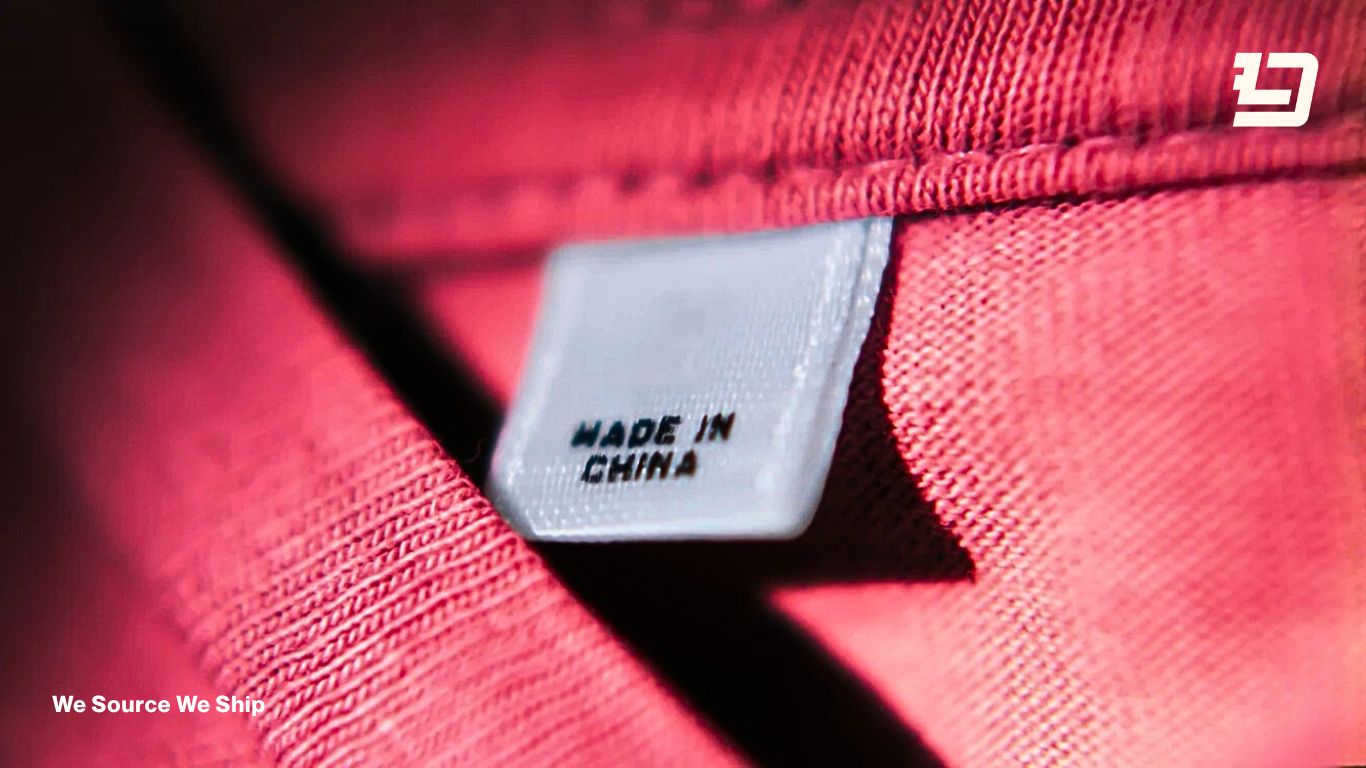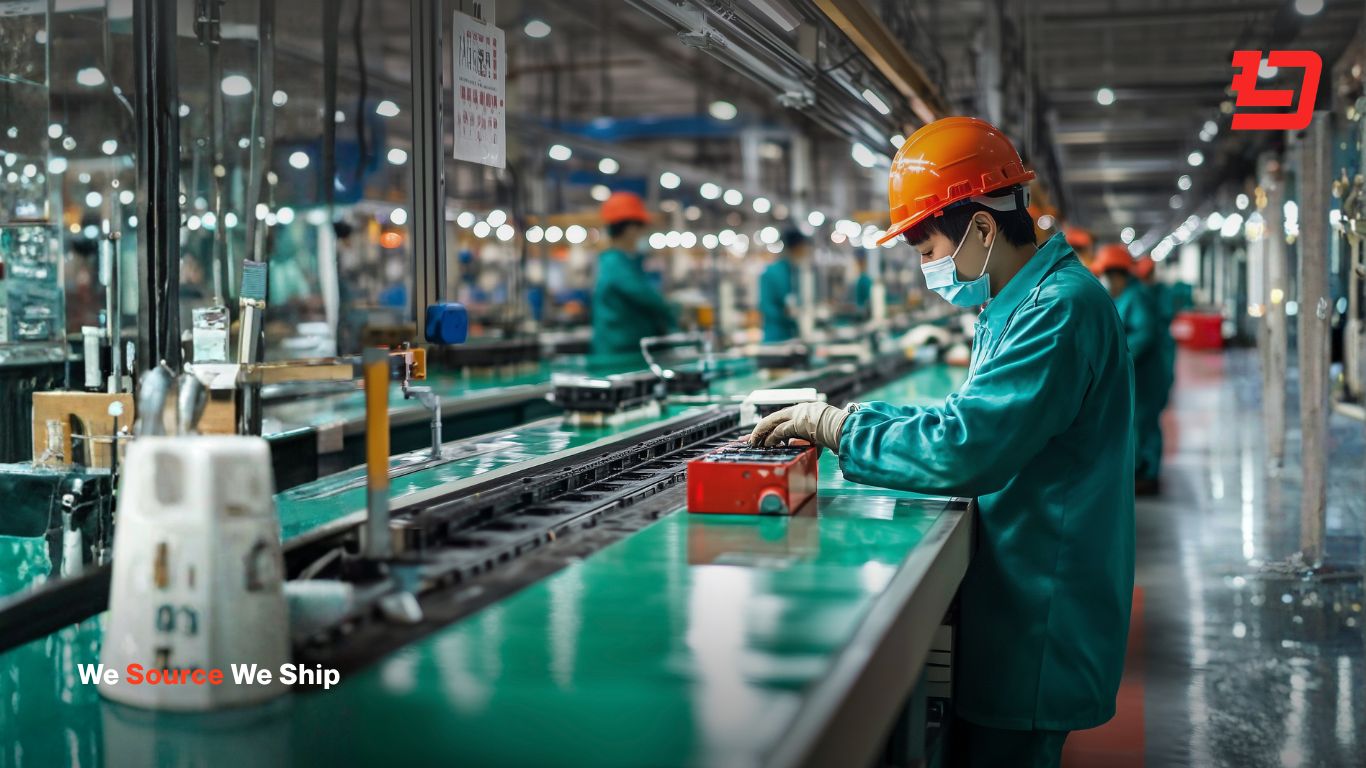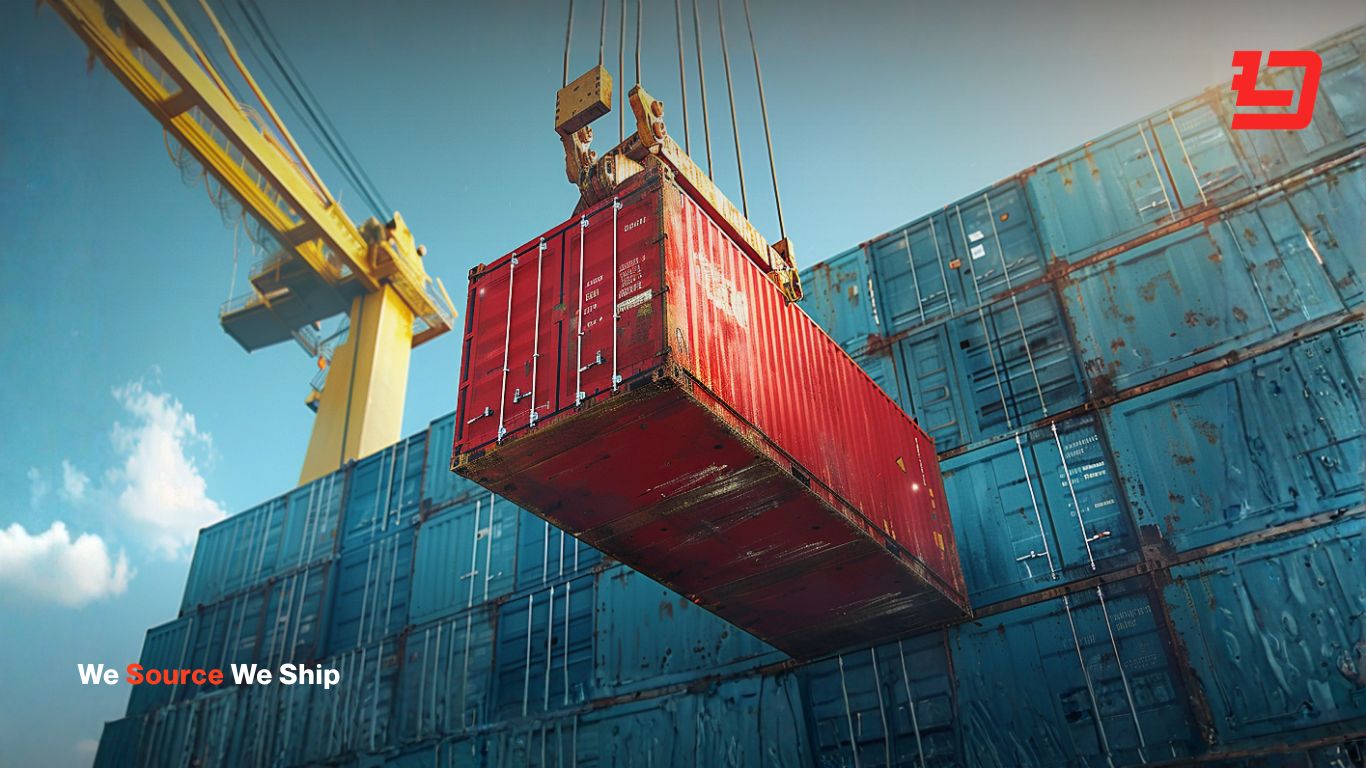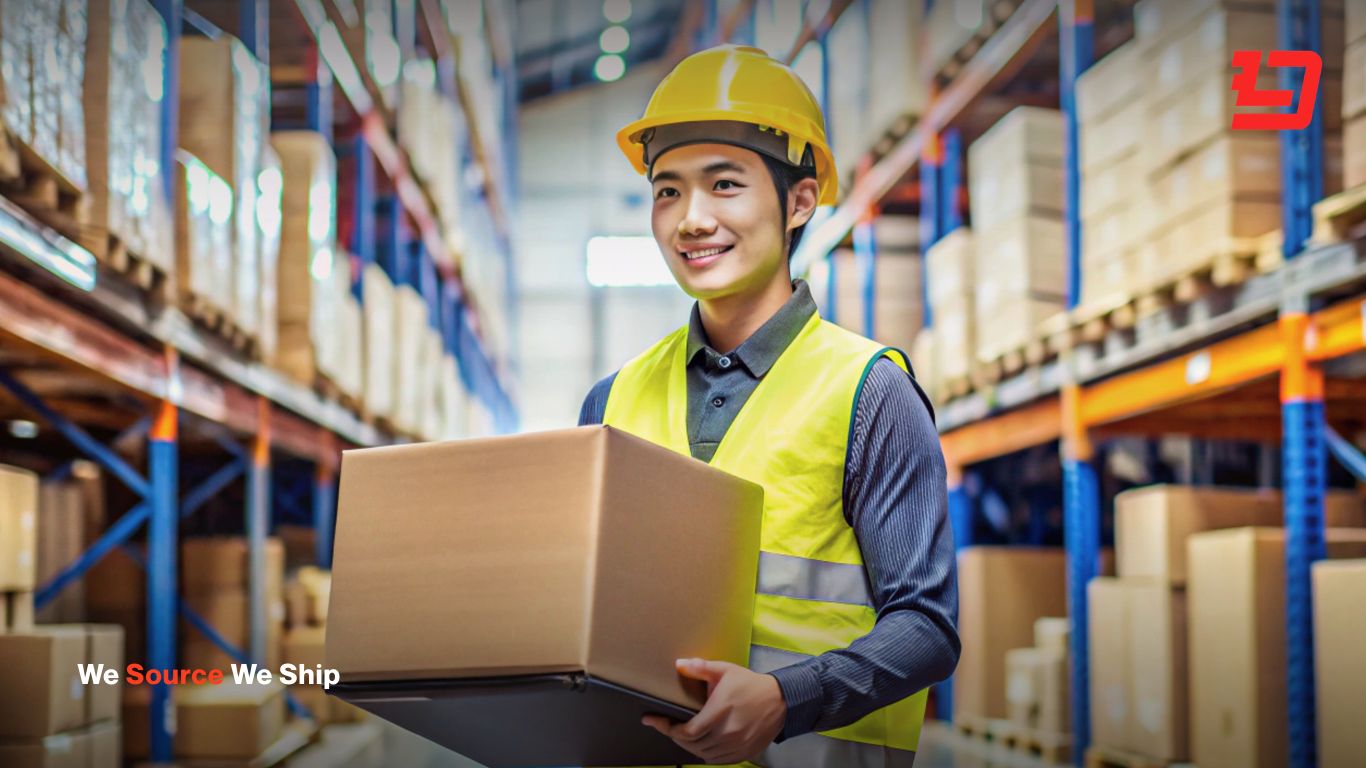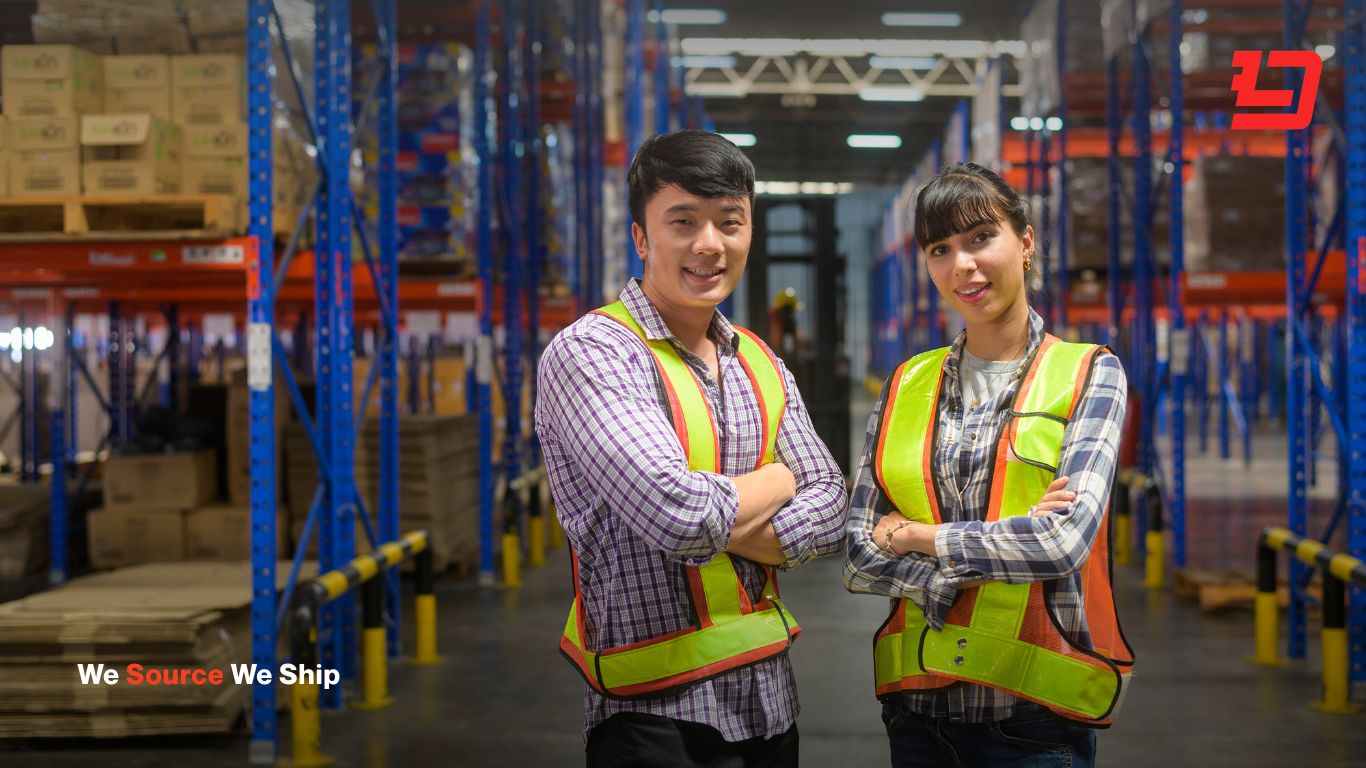China remains the world’s top production base, and 2025 data shows that its manufacturing strength continues to grow. During the first three quarters of 2025, China’s manufacturing sector recorded a 4.7% year-on-year increase in sales revenue, representing 29.8% of total corporate sales revenue nationwide.
For ecommerce brands, China’s manufacturing advantage is no longer only about cost. It’s about scale, speed, and specialization. Thousands of factories already produce for Amazon, Shopify, and direct-to-consumer brands. The key to success lies in choosing the right manufacturing partner and building a process that protects both your margins and product quality.
Benefits of Manufacturing in China
For ecommerce businesses, manufacturing in China continues to offer the best balance of cost, quality, and global reach. The country’s production ecosystem is unmatched in both scale and specialization.
1. Cost Efficiency Without Sacrificing Quality
Chinese manufacturers achieve high efficiency through automation, optimized supply chains, and access to affordable materials. Factories can maintain consistent product quality while offering lower per-unit costs than Western counterparts.
2. Deep Supplier Ecosystem and Industrial Clusters
Key provinces like Guangdong, Zhejiang, and Jiangsu form powerful manufacturing clusters. Shenzhen leads in electronics, Yiwu in small consumer goods, and Ningbo in plastics and hardware. Factories, tooling suppliers, and logistics providers are located close together, reducing transportation time and improving coordination.
3. Faster Prototyping and Product Development
Chinese factories are experts at speed. Many can turn a product design into a prototype within days. With in-house mold-making, 3D printing, and rapid sampling, brands can test product ideas faster and reach market earlier than competitors.
4. Export Experience and Global Shipping Infrastructure
China’s export systems are designed for ecommerce. Ports like Shenzhen, Ningbo, and Shanghai handle hundreds of billions in exports monthly. Factories are familiar with labeling, customs, and packaging rules for Amazon, Shopify, and DTC brands. They also work directly with global couriers for faster delivery and simplified customs clearance.
5. Flexible Order Volumes and Scalable Capacity
More Chinese factories now accommodate lower MOQs (minimum order quantities), often starting at 300 to 500 units. This lets growing brands launch new SKUs with less risk. As sales grow, these factories can easily scale production to meet higher demand.
6. Technology and Quality Upgrades
Many mid sized factories are now semi automated or fully automated, using robotics and AI for production and inspection. Report says automation adoption among small and mid sized factories keeps rising, improving precision, consistency, and lead times.
7. Wide Range of Product Categories
From home and kitchen goods to beauty, electronics, apparel, and lifestyle products, China’s factory base covers nearly every ecommerce category. This variety allows brands to source multiple product types under one supplier network.
8. Improved Communication and Global Mindset
Modern Chinese factories are experienced in working with international clients. Many have English-speaking staff, understand Western standards, and know the requirements of online retailers. Communication barriers are much lower than they used to be, which makes scaling simpler.
China’s edge is no longer based solely on cost. It’s built on advanced production, mature logistics, and decades of expertise. For ecommerce brands aiming to scale internationally, China offers the infrastructure and speed needed to compete.
Trends Shaping China Manufacturing in 2025
Manufacturing in China continues to evolve rapidly. Here are the main trends shaping the industry this year:
- Automation and AI are enhancing quality control and reducing production time.
- Focus on sustainable manufacturing is increasing, with eco-friendly materials and cleaner production standards.
- Regional diversification continues as some factories expand inland for lower costs.
- Tariff-smart planning helps brands optimize export routes and reduce import duties.
- Customization demand is growing as ecommerce brands prioritize differentiation through unique designs and packaging.
These trends show that China is not slowing down; it’s modernizing to stay competitive globally.
Step-by-Step Strategy to Manufacture in China
1. Define Your Product Clearly
List your materials, dimensions, functions, labeling, packaging, and compliance standards. Clear specifications reduce risk and ensure factories quote accurately.
2. Find and Vet Factories
Search on Alibaba, Made-in-China, or attend trade shows like the Canton Fair. Vet each factory by checking its business license, capacity, certifications, and export record. Ask for samples or arrange a factory visit.
3. Negotiate Terms and Contracts
Agree on pricing, lead time, MOQ, payment terms, defect tolerance, and logistics. Always document these details in a bilingual contract that specifies responsibility for defects and delivery schedules.
4. Develop and Approve Samples
Never skip sample approval. Check for design accuracy, finish, labeling, and packaging. Test how samples perform during shipping to ensure they arrive safely.
5. Manage Production and Quality Control
Schedule inspections before, during, and after production. A pre-shipment inspection is essential to confirm quality and packaging. Hire a third-party QC agency or ask your sourcing partner to inspect on-site.
6. Plan Shipping and Export Logistics
Select suitable shipping terms (FOB, CIF, or DDP). Confirm customs documentation, freight booking, and export compliance. Coordinate with your fulfillment warehouse or U.S. 3PL partner for smooth inbound processing.
7. Review and Improve
After each shipment, monitor customer feedback, return rates, and defect reports. Use these insights to refine your manufacturing process. Continuous improvement builds long-term stability.
How Lansil Global Helps You Manufacture in China
Building reliable production in China can be complex if you handle it alone. Finding a trustworthy factory, ensuring quality, and coordinating logistics all take time and local experience. That’s where Lansil Global gives ecommerce brands a clear advantage.
With a full local team in China and a network of over 2,000 vetted factories, Lansil Global connects you directly to manufacturers that meet your product, quality, and compliance needs. Our team manages factory communication, sample approval, and in-house quality control before shipment. Once production is complete, we handle export logistics and fulfillment through our China hub and dual U.S. warehouses, giving your brand the speed, cost efficiency, and reliability needed to stay competitive in 2025.
Direct Factory vs. Partnering with Lansil Global
| Aspect | Working Directly with a Factory | Partnering with Lansil Global |
|---|---|---|
| Control & Communication | You communicate with factories independently, which can lead to delays or misinterpretation. | You gain one clear point of contact. Lansil Global’s bilingual sourcing team manages factory communication and negotiations for you. |
| Time & Efficiency | You must handle sampling, production, and follow-ups yourself. | Lansil Global manages sampling, inspection, and coordination, saving you weeks per production cycle. |
| Quality Control | You rely on photos or random factory checks. | Lansil Global performs in-house quality control before shipment, ensuring your products meet your exact standards. |
| Risk & Accountability | Disputes or delays are harder to resolve without local support. | Lansil Global oversees the full process on the ground in China, holding factories accountable and preventing costly errors. |
| Cost Transparency | Hidden costs can appear in logistics, packaging, or inspection fees. | Lansil Global offers transparent pricing with factory-direct costs and flexible credit terms for qualified brands. |
| Scalability | Managing multiple SKUs or factories gets complicated as you grow. | Lansil Global’s network of 2,000+ vetted factories scales production across categories without sacrificing control or quality. |
| Logistics & Fulfillment | You must arrange shipping and handle customs separately. | Lansil Global connects manufacturing directly with China export hubs and dual U.S. warehouses for smooth cross-border fulfillment. |
| Ideal For | Experienced importers who already have sourcing teams. | Established or growing ecommerce brands that want a turnkey solution from factory to customer. |
Working directly with factories can save money on paper, but it often costs more in time, risk, and oversight. Partnering with Lansil Global gives you a proven, end-to-end system that covers sourcing, negotiation, quality control, and fulfillment.
What to Verify Before Starting Production
- Factory’s export experience and previous client list
- Ownership of molds, tooling, or designs
- Quality control systems and defect thresholds
- Compliance with U.S. and EU regulations
- Packaging strength for export shipping
- Reliable communication and response speed
Early verification prevents costly mistakes later.
Common Mistakes to Avoid
- Rushing factory selection without proper vetting
- Ignoring packaging durability and transit testing
- Choosing suppliers only for the lowest price
- Skipping final QC inspection before shipment
- Failing to plan backup suppliers
- Miscalculating total landed cost including tariffs and freight
China’s manufacturing industry remains strong in 2025, growing steadily and adopting advanced technology, sustainable practices, and higher quality standards. For ecommerce brands, the real opportunity lies in pairing this manufacturing strength with a strategic sourcing plan and a reliable fulfillment system.
That is exactly where Lansil Global gives your brand an advantage. We connect you directly to verified factories in China, oversee production with in-house quality control, and handle global logistics through our China hub and dual U.S. warehouses. The result is a streamlined, cost-efficient, and fully transparent supply chain that protects your margins and ensures consistent quality from factory floor to customer doorstep.
Success in modern ecommerce depends on more than just finding a manufacturer. It requires clear product specifications, transparent communication, and end-to-end coordination across sourcing, shipping, and fulfillment.
If you are ready to scale your manufacturing, Lansil Global can support you through every step. Send us a note and our China sourcing team and U.S. fulfillment network will walk you through the process. You can also explore our full list of services to see how we help ecommerce brands ship faster and focus on growth.


